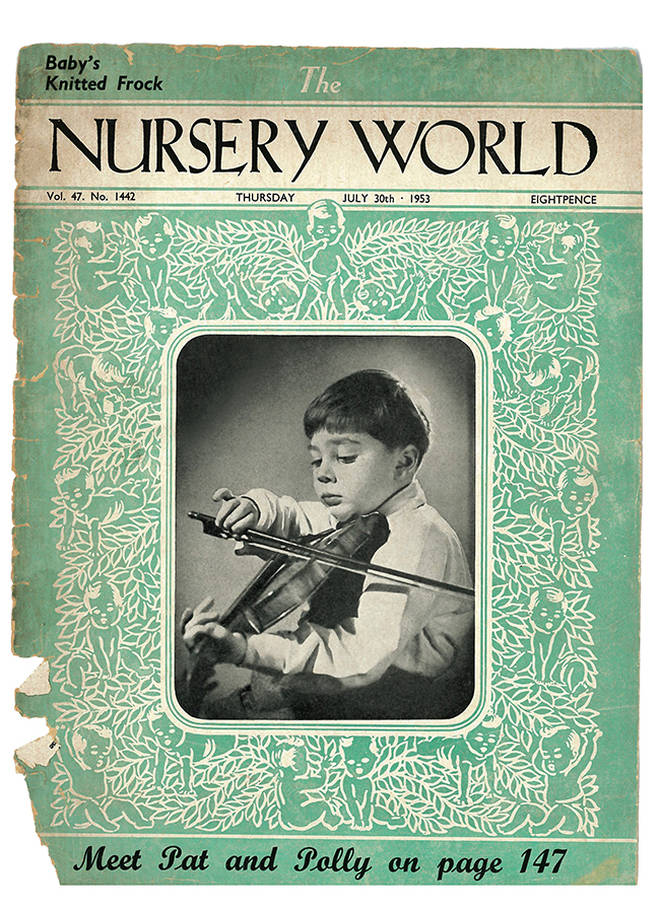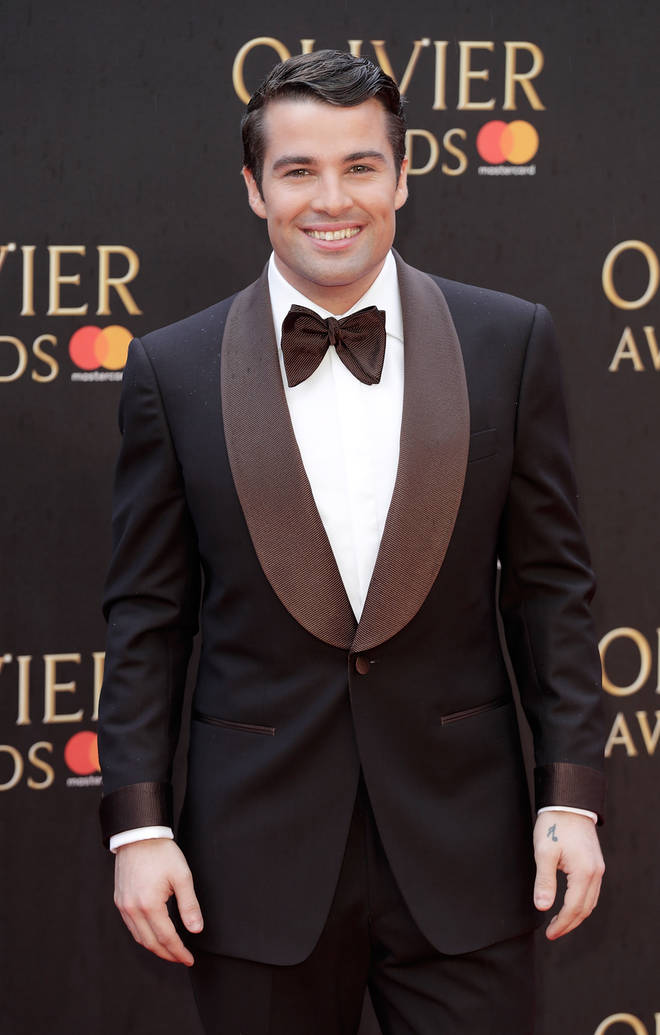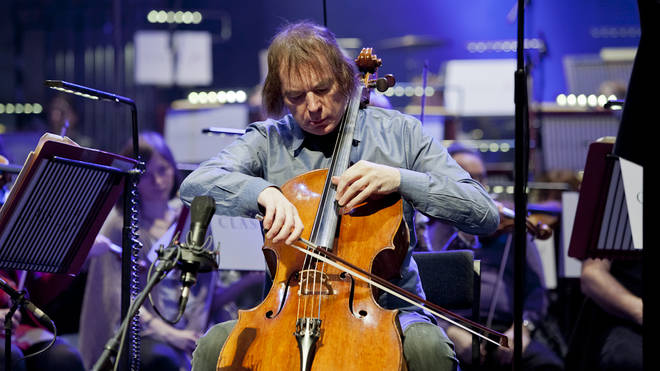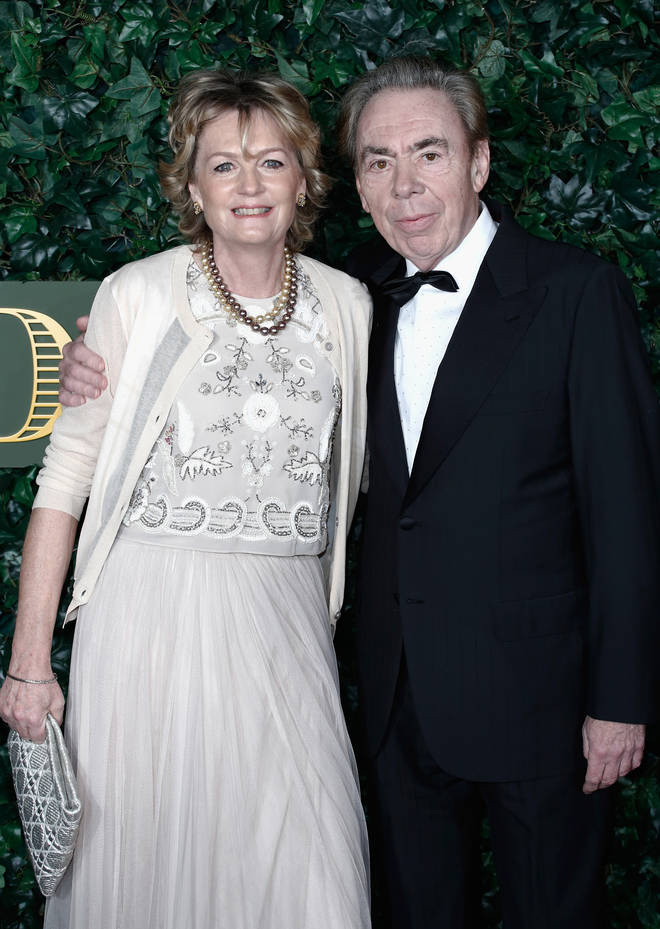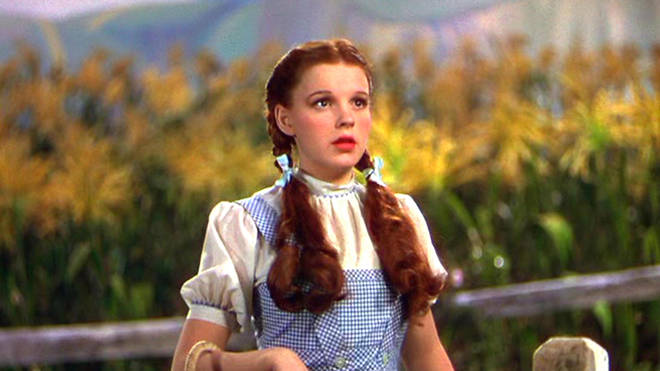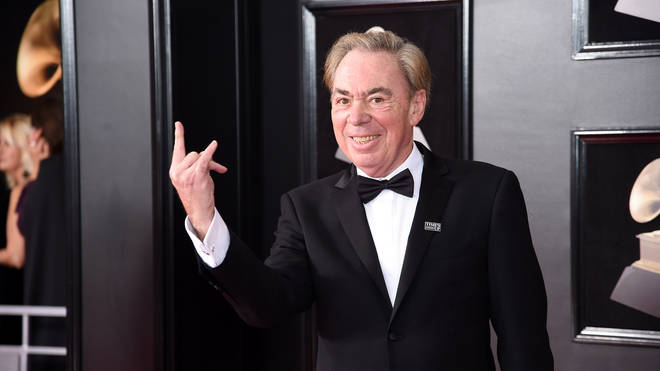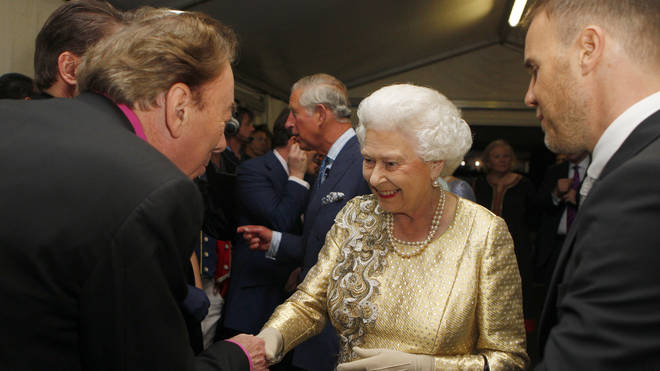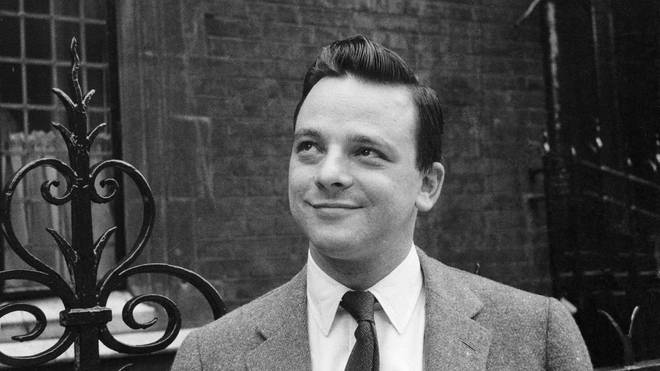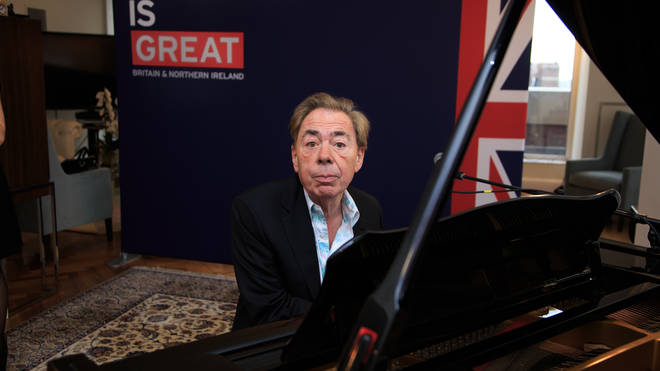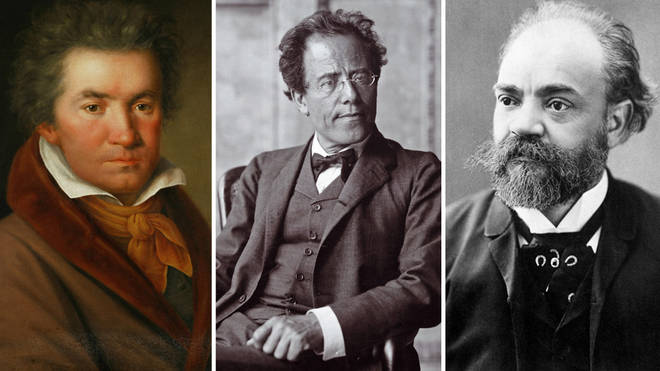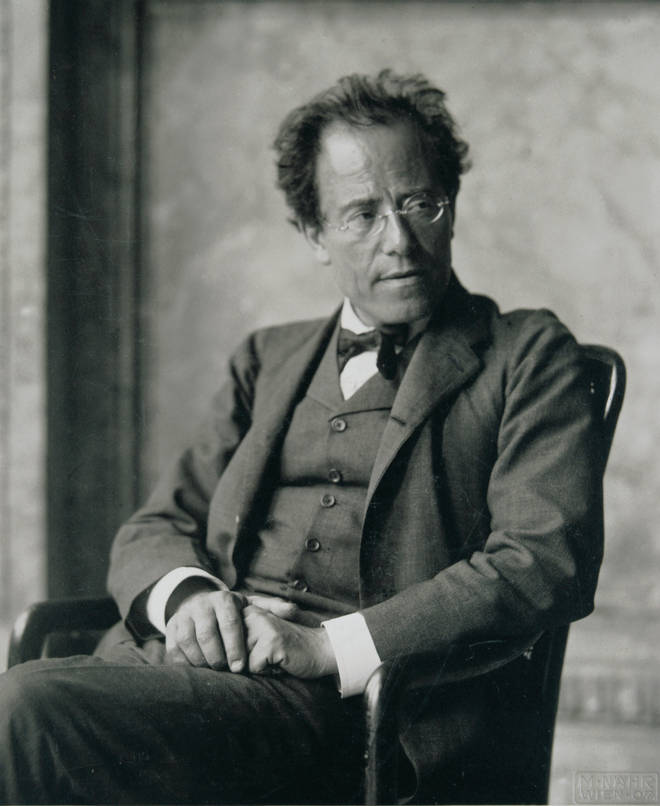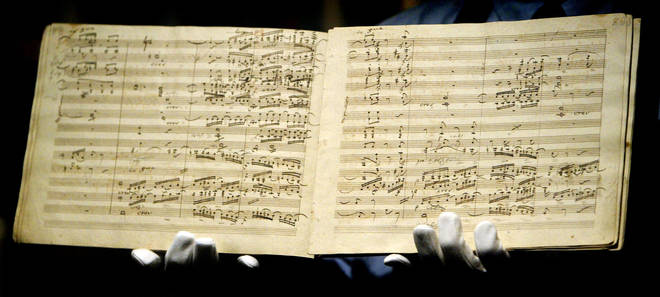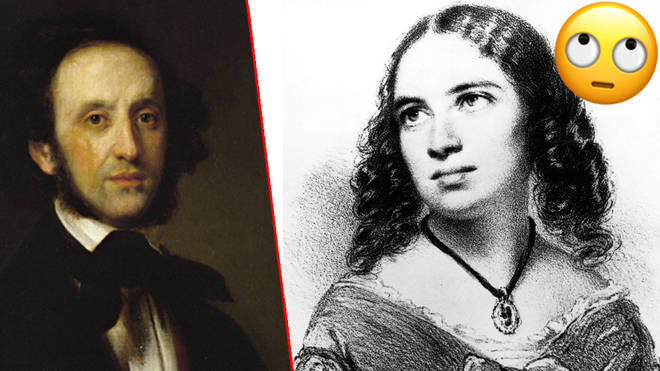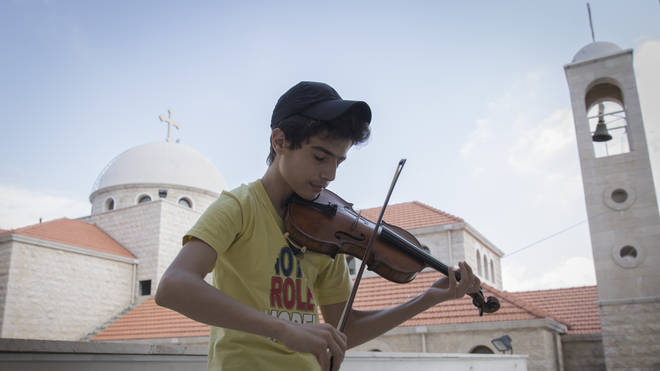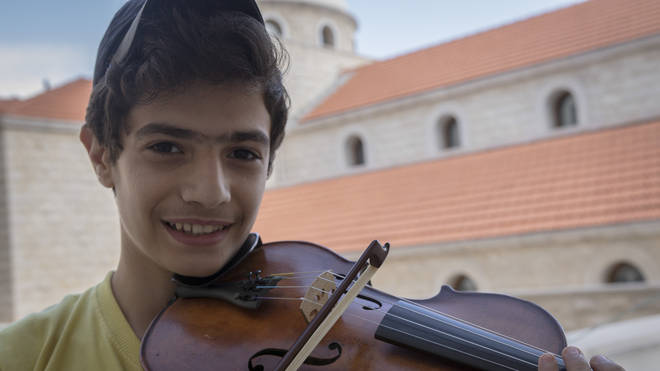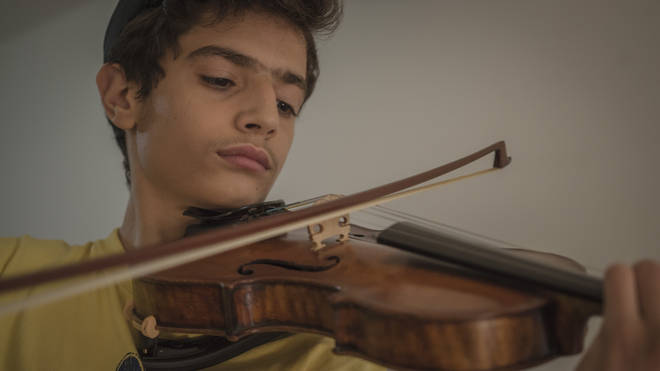Everything you need to know including his musicals, wife and net worth
By ClassicFM London

Andrew Lloyd Webber is the King of memorable tunes and catchy choruses, and has a whopping 20 musicals and 45 awards to his name. Here are 20 amazing facts about the 70-year-old composer, including his musicals, songs and net worth.
When is Andrew Lloyd Webber's birthday?
Born on 22 March 1948, Andrew first picked up the violin and piano aged three, before taking up the French horn and starting to write his own music at the age of six. He also appeared on Nursery World magazine with a violin aged five. Aww.Nursery World Magazine, 1953. Picture: Nursery World Magazine Andrew Lloyd Webber's net worth
The 70-year-old composer's net worth is estimated at a huge £800 million. He came second in The Sunday Times Rich List in 2017 for UK musicians, behind Sir Paul McCartney.Sir Paul McCartney at MetLife Stadium on August 7, 2016. Picture: Getty Andrew Lloyd Webber's 70th birthday
Andrew Lloyd Webber: A Musical Celebration will take place on Sunday 17 June 2018, in celebration of the composer's 70th birthday earlier this year.The event, as part of Live at Chelsea, will feature a line-up from the cast of Andrew's West End musicals, including Tyrone Huntley from Jesus Christ Superstar, and Joe McElderry with the cast of School of Rock – The Musical and The Phantom of the Opera. Tickets and more information .Joe McElderry will perform at Andrew Lloyd Webber's 70th birthday concert.Picture: Getty The Lloyd Webber family
Andrew's brother, Julian Lloyd Webber, is a former concert cellist and Andrew's late father William was director of the London College of Music. His mother, Jean, was a piano teacher.Julian Lloyd Webber at Classic FM Live in Wales, 2012. Picture: Classic FM Andrew Lloyd Webber's wife
In 1991, Andrew married the former equestrian sportswoman Madeleine Gurdon, and the couple have been happily married ever since.Andrew was married to his first wife, Sarah Hugill, from 1971 to 1983, before he married second wife Sarah Brightman in 1984. He met Brightman when she joined the cast of Cats in 1981. In 1986, he wrote the role of Christine Daaé in The Phantom of the Opera for her.Andrew Lloyd Webber and Madeleine Gurdon at The Old Vic Theatre on November 13, 2016. Picture: Getty Andrew Lloyd Webber's children
Andrew had two children – Imogen and Nicholas Lloyd Webber – with his first wife, Sarah, and three with his wife Madeleine Gurdon – Alastair, William and Isabella Lloyd Webber. Imogen is a four-time Emmy nominee who has worked for MSNBC and Fox News, while Nicholas has followed in his father's footsteps, writing The Little Prince in 2011 and the recent Fat Friends The Musical.Andrew Lloyd Webber's first musical
The musical was called Cinderella Up The Beanstalk And Most Everywhere Else. Aged 19, Andrew wrote his first staged musical with Tim Rice: Joseph and the Amazing Technicolour Dreamcoat. The following year, the pair wrote Jesus Christ Superstar.Andrew Lloyd Webber's musicals
His stage musical credits include (deep breath)... Jesus Christ Superstar, Phantom of the Opera, Evita, Joseph and the Amazing Technicolour Dreamcoat, Cats, Starlight Express, School of Rock – The Musical, Sunset Boulevard, and The Women In White.He also composed the music for Love Never Dies, The Likes Of Us, Jeeves, Tell Me On A Sunday, Song And Dance, Cricket, Aspects Of Love, Whistle Down The Wind, The Beautiful Game, Stephen Ward The Musical, and a musical version of The Wizard Of Oz.Judy Garland as Dorothy in The Wizard of Oz (1939). Picture: Rex The Phantom of the Opera
Widely considered to be one of his best musicals, The Phantom of the Opera brought in an unprecedented $16 million (£12 million) in advance ticket sales. It’s now the second highest grossing musical ever, bringing in £4.2 billion globally – second only to The Lion King, which has made £5.6 billion.Cats the musical
Since its opening on Broadway in 1982, Cats has been translated into over 20 languages and performed all around the world, and it is now the fourth-longest-running show in Broadway history.Andrew Lloyd Webber's film and TV credits
Lloyd Webber has earned a huge number of on-screen credits, following film adaptations of The Phantom Of The Opera, Evita (famously starring Madonna), Jesus Christ Superstar, Joseph And The Amazing Technicolor Dreamcoat, Love Never Dies and Cats, plus anniversary performances of The Phantom Of The Opera and Jesus Christ Superstar.He has also dabbled in film composing, writing the score for Gumshoe and The Odessa File. His music has appeared in a total of 210 films and TV shows.In the 1960s, he produced a psychedelic band
The British band was called Tales of Justine, and he produced them with Tim Rice.Andrew Lloyd Webber was a one-hit-wonder
Andrew once tried his luck as a soloist, under the pseudonym Doctor Spin. In 1992, he released the single ‘Tetris’ – a Eurodance remix of the theme from the well-known video game – which reached No. 6 in the UK charts. It’s... different?!The first music he ever heard was by Tchaikovsky and... Elvis
Apparently, the first two records Andrew remembers hearing are Tchaikovsky's The Nutcracker and Elvis Presley's 'Jailhouse Rock'.Andrew Lloyd Webber's awards
Over his lifetime, Andrew has won 45 awards, including seven Oliviers, seven Tony Awards, four Grammys, two Emmys, one Oscar, one Golden Globe, one BRIT and 14 Ivor Novellos. Yeesh.Andrew Lloyd Webber at the GRAMMY Awards on January 28, 2018. Picture: Getty Baron Lloyd Webber
After being awarded a knighthood in 1992, Lloyd Webber was also made a life peer in the New Year Honours list in 1997, making him a Baron.Andrew Lloyd Webber meeting the Queen at Buckingham Palace Concert on 4 June, 2012. Picture: Getty He shares a birthday with Stephen Sondheim
Lloyd Webber celebrated his 70th birthday on 22 March this year. Composer Stephen Sondheim was also born on 22 March in 1930, making him 18 years Andrew's senior.Stephen Sondheim on 28 August 1962. Picture: Getty Andrew Lloyd Webber's theatre company
The Really Useful Theatre Group owns a number of successful West End and London theatres, including The Adelphi Theatre, Cambridge Theatre, London Palladium, New London Theatre, Her Majesty’s Theatre, Theatre Royal Drury Lane and The Other Palace in London.Lee Mead in Joseph And The Amazing Technicolor Dreamcoat, at the Adelphi Theatre. Picture: Getty Andrew Lloyd Webber's charity work
Since founding The Andrew Lloyd Webber Foundation in 1992 to promote arts and culture, Lloyd Webber has – according to his website – awarded over £17.5 million to “projects that focus on the enhancement of arts education and participation, improving access and increasing diversity across the arts, culture and heritage sector.”Composer Andrew Lloyd Webber performs during The British Consulate Honors. Picture: Getty Andrew Lloyd Webber at the Classic BRITs
At the Royal Albert Hall on 13 June 2018, Lloyd Webber will be honoured with a special award at the Classic BRIT Awards ceremony for his services to musical theatre and arts education.Andrew Lloyd Webber at the Classic BRIT Awards 2012. Picture: Getty
